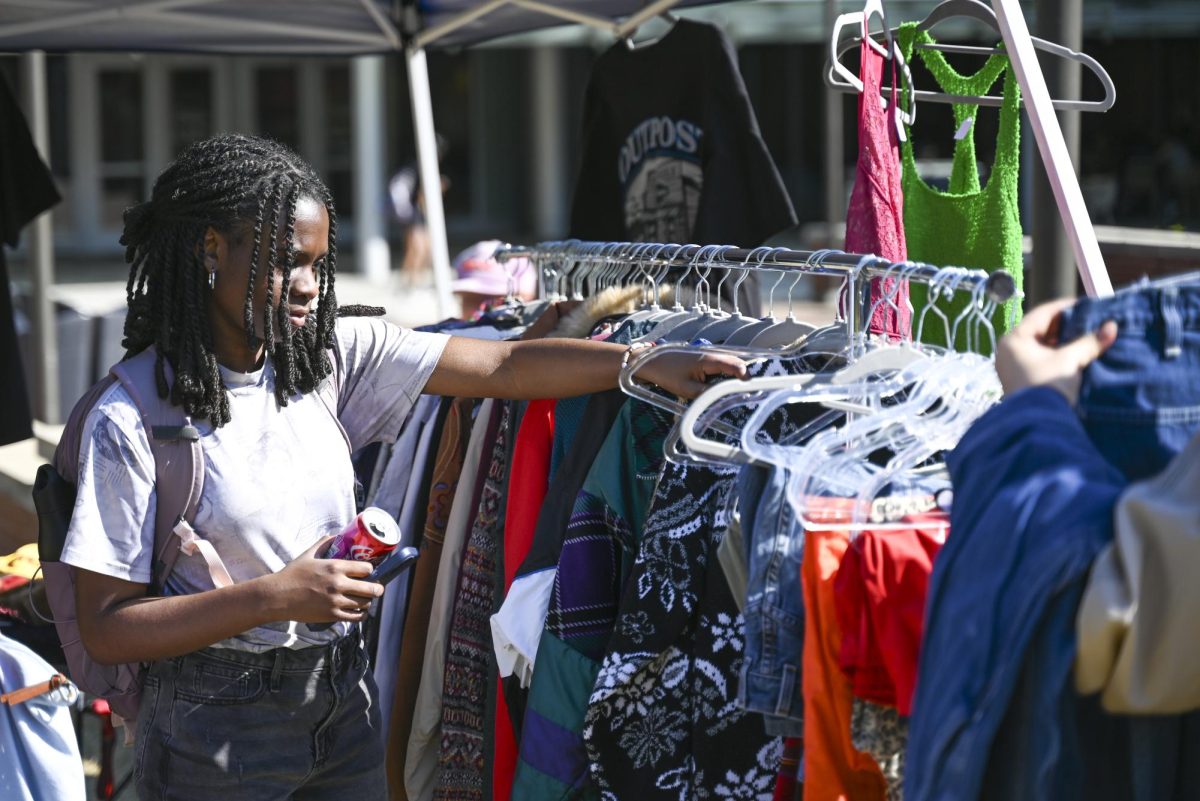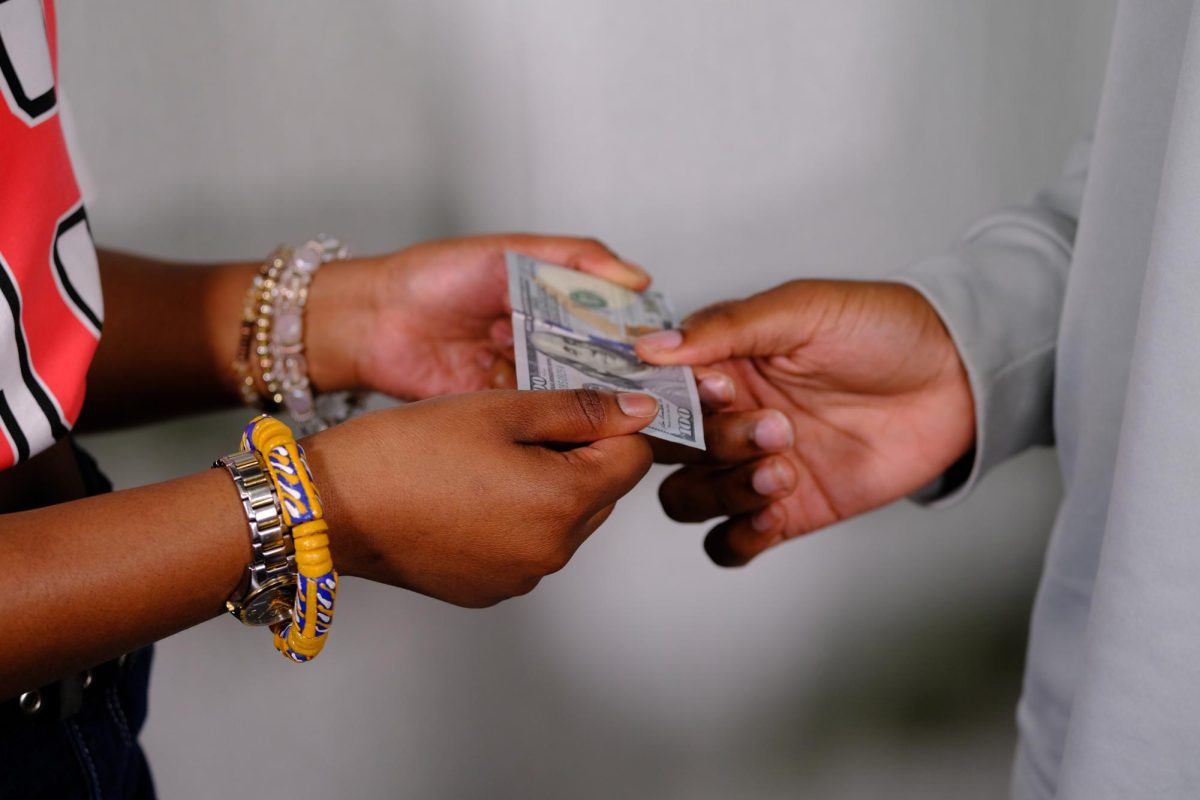In the past few months, Black Lives Matter has gained a huge amount of support across the country. People are finally recognizing the nature of our society. Movements like these cannot afford to lose momentum. This is more than just recognizing racism. As a non-Black person, it’s your responsibility to actively oppose it. This means condemning the very systems that you have long benefitted from, which are alive and well within our own university.
With everything going on, terms such as “antiracist” and “ally” have circulated the conversation. But what does it mean to truly be an ally? How can you actively be antiracist on campus?
First and foremost, you must be willing to listen. There are plenty of Black students that have shared their experiences with racism while on campus. Listen to them. Learn from them. Our experiences are valid and deserve to be heard. It’s an ally’s responsibility to create space for Black voices. Using your privilege to uplift Black voices is critical for our stories to reach the people who need to hear them the most.
This can be through hosting Black organizations at your events, sharing Black content, or even letting Black students provide their input in class without immediately trying to play “devil’s advocate.” If a Black student share’s something they’ve experienced and your first impulse is to disagree or deny, ask yourself why that is? Why are you so quick to drown out Black voices with your own? There are plenty of possible reasons. Maybe you’re uncomfortable facing the truth and you figure that your comfort is more important than Black lives. Maybe you don’t want to lose your privilege. A privilege, mind you, that you’ve done nothing to obtain. Or you may just think it’s easier to deny reality than face it. Who wants to admit that they’ve spent their entire lives being complacent in a society that promotes the oppression of others?
Another important responsibility of an ally is to hold yourself and the people around you accountable. Speaking out against racism on social media means nothing if you can’t call out the people closest to you. Don’t laugh at a racist joke. Don’t let your friends get away with saying the n-word at a frat party. Excusing your friends when they say something racist gives them the space they need to validate themselves. By not speaking out, you’re promoting the very thing your black square on Instagram claims you’re against.
It is also time for everyone to learn how to actively combat racial bias within their own field of study. Some people may believe they’re exempt from doing this task because of their major/field of study. Unfortunately, they are wrong. Racial bias can be found in every profession. Look at civil engineering, the presence of anti-homeless architecture in our cities is growing. The people behind these structures are removing what little space the marginalized have left.
These instances are not coincidental. They’re designed. They’re planned. They’re everywhere. Take the time to Google, “(your field of study) racism.” You can’t combat racial bias until you recognize its presence in every facet of your life.
The work of an ally should never be finished. You shouldn’t look at this article as some sort of “check-list” and you shouldn’t think that once you’ve completed everything, you’re done. It also should go without saying but you should not expect writings such as these. It isn’t Black people’s responsibility to teach you these things. You need to proactively learn what you can do. And there will always be more to learn.







